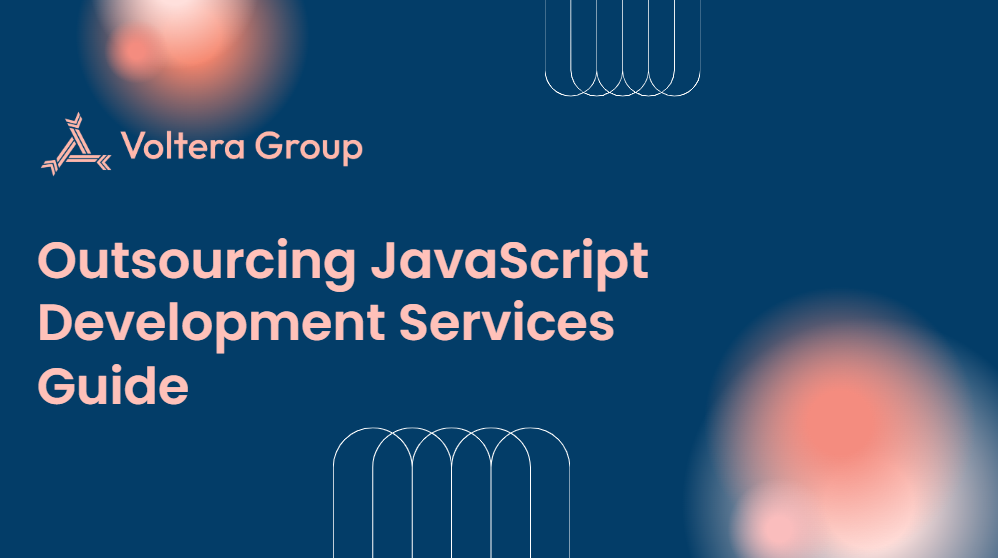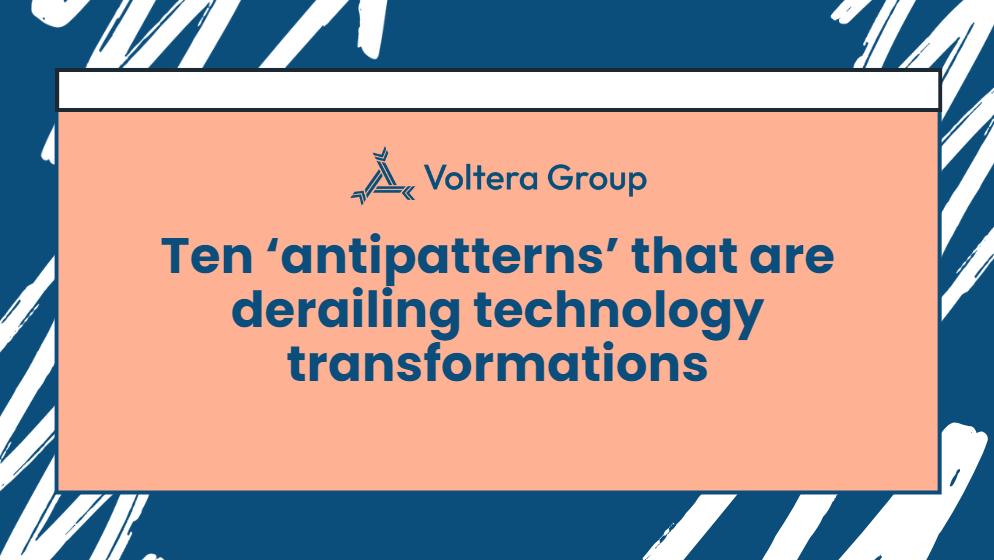The advent of generative AI marks a pivotal moment in the evolution of technology. With its ability to create, simulate, and innovate at unprecedented levels, this revolution offers tremendous opportunities for CIOs and CTOs to drive enterprise-level value.
At The Voltera Group, we are committed to helping organizations harness these transformative capabilities. Through our tailored AI solutions and strategic advisory services, we ensure businesses can unlock the full potential of generative AI while navigating its complexities. This guide explores strategies, challenges, and best practices for technology executives looking to make generative AI a cornerstone of their digital transformation.

The Rise of Generative AI: What CIOs and CTOs Need to Know
Generative AI is no longer a niche technology reserved for academic labs or experimental projects. It’s an enterprise-grade tool that’s reshaping industries globally. According to Voltera Group’s research, generative AI is expected to contribute billions in value across sectors, from healthcare to finance, by 2025. It’s being utilized to create synthetic data, design products, generate code, and automate content creation.
For CIOs and CTOs, understanding this new class of AI is critical. Unlike traditional AI, which analyzes or predicts based on existing data, generative AI can create entirely new outcomes, including text, images, and simulations. This evolution requires not only technical know-how but also strategic alignment with broader business goals.
Strategic Implementation: Aligning AI with Business Objectives
At The Voltera Group, we emphasize that the integration of generative AI should be more than just an IT initiative. CIOs and CTOs play a crucial role in bridging the gap between technology and business strategy. Our research shows that businesses achieve the most success when they align generative AI technologies with clearly defined business objectives.
Key steps to successful implementation include:
Identifying high-value use cases: Generative AI can streamline processes, automate complex operations, and generate new insights. Identify areas where AI can create measurable value—whether it’s in marketing automation, personalized customer experiences, or product development.
Building interdisciplinary teams: Collaboration between IT, business leaders, and data scientists ensures that generative AI implementations are both technically sound and strategically aligned.
Starting with scalable pilot projects: The Voltera Group advises testing AI capabilities on smaller, controlled projects before scaling across the organization. This allows for gradual adaptation and measured success.

Navigating Challenges: Ethical, Security, and Regulatory Concerns
Generative AI offers incredible potential, but it also comes with unique challenges, particularly in the areas of data privacy, intellectual property, and ethics. As AI systems become more autonomous, CIOs and CTOs must establish robust frameworks for responsible AI use.
At Voltera Group, we guide companies to:
Develop AI governance frameworks: Establish policies that define how data is sourced, how algorithms are trained, and how AI systems comply with existing regulations.
Prioritize transparency and explainability: Generative AI models often operate as “black boxes,” so understanding how they arrive at decisions is critical for maintaining accountability.
Secure your AI infrastructure: With increasing reliance on AI, cybersecurity must become a central part of your technology strategy. Voltera Group assists in ensuring that AI models and data are protected from breaches, theft, or misuse.
Building the AI-First Organization: Key Considerations for CIOs and CTOs
To fully capitalize on generative AI, organizations need to evolve into AI-first businesses. This requires a mindset shift where AI becomes core to every business function. The Voltera Group partners with organizations to help them embrace this shift.
Key areas of focus include:
Investing in talent and training: Upskilling teams to work alongside AI tools is critical. From data scientists to business analysts, every employee must be equipped to leverage AI to drive innovation.
Adopting AI-friendly infrastructure: Traditional IT systems may not meet the demands of generative AI. Voltera Group assists in transitioning to cloud-based and AI-centric architectures that can handle large-scale data pipelines and advanced AI applications.
Continuous learning and adaptation: The AI landscape is evolving rapidly. CIOs and CTOs must ensure that their organizations remain agile, open to new developments, and continually iterate on their AI strategies. Voltera Group provides the ongoing support necessary for this evolution.
Future Trends: Generative AI’s Role in Shaping Tomorrow’s Technology Landscape
The future of generative AI promises to be transformative. As AI becomes more integrated into industries, it will redefine everything from product design to customer service. Voltera Group predicts several key trends that CIOs and CTOs should watch for:
Generative AI will lead to hyper-personalization: Businesses will be able to create highly tailored experiences and products at scale, dramatically enhancing customer engagement.
AI will fuel innovation at the speed of thought: With the ability to simulate and test ideas rapidly, organizations will see a reduced time-to-market for new products and services.
AI will democratize creativity: Generative AI tools will empower non-technical employees to participate in creative processes, leveling the playing field for innovation.
Capturing the Generative AI Opportunity
Generative AI represents a generational opportunity for CIOs and CTOs to redefine their organization’s approach to innovation and transformation. By adopting a strategic, well-governed approach to AI, technology leaders can drive efficiencies and unlock new growth avenues.
At The Voltera Group, we are committed to guiding businesses through this transformative moment. Our deep expertise in AI strategy and implementation will help your organization harness the power of generative AI and turn its potential into measurable value.





